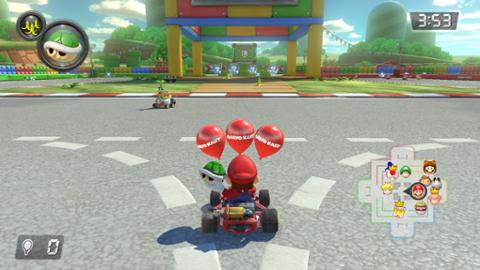- Stardew Valley
- Hollow Knight (seen above)
- Overcooked 2
- Undertale
- Dead Cells
- Enter the Gungeon
- Graceful Explosion Machine
- Celeste
- Golf Story
- Overcooked
Indie Game Developers: Study These Nintendo Switch Bestsellers
If you’re an indie game developer, you’re well aware of the challenges you face. With great ideas, good promotion, and a generous helping of luck, you could launch the next “Minecraft”—and take home a multi-million-dollar (or even billion-dollar) payday. But as anyone who’s actually tried to build a game knows, even modest success can prove elusive. That’s why it’s always interesting to see a list of which indie games are selling particularly well. At this year’s Game Developers Conference, Nintendo decided to share a list of bestselling indies for the Switch console. If you build and/or play games, you’ll no doubt recognize a few of these:



